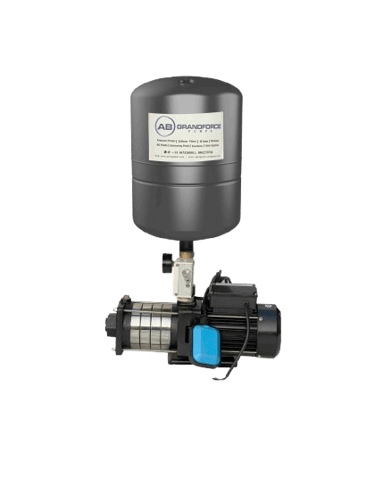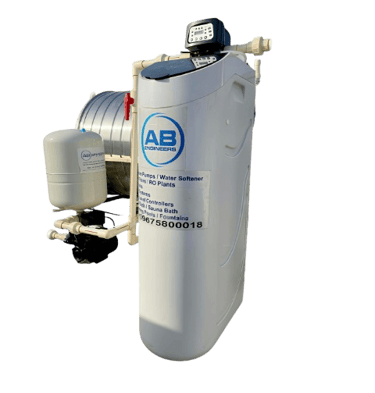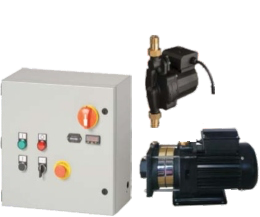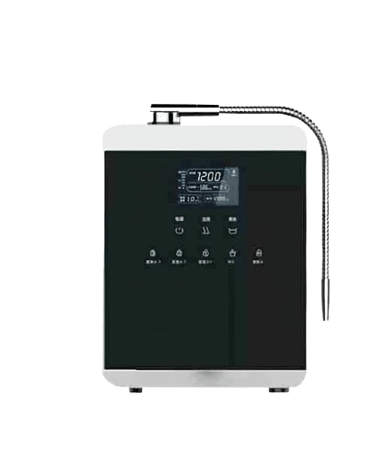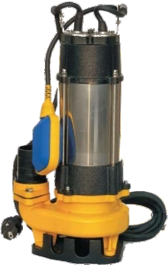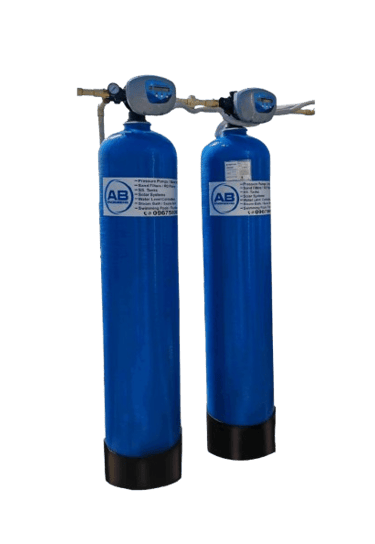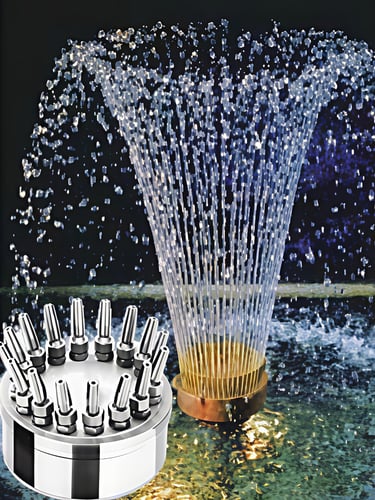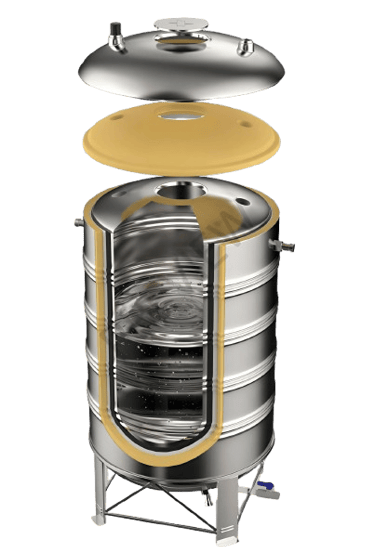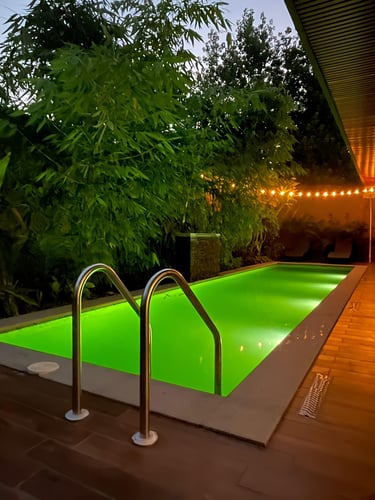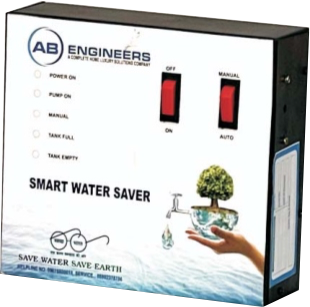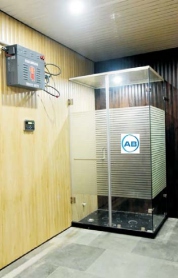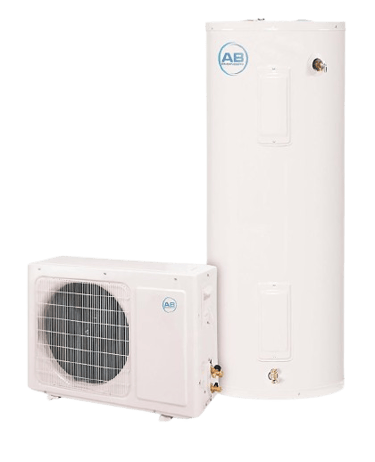








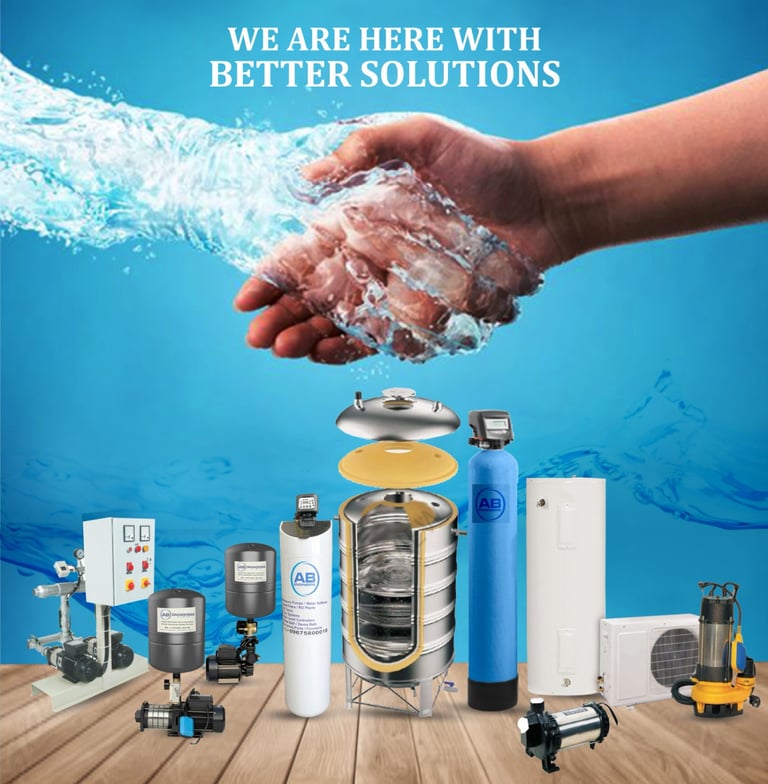

COMPANY PROFILE
Your Trusted Partner AcquaBosch Water Solutions
We are manufacturing our own product like Hydro pneumatic pressure booster pumps, Sand Filter, Carbon Filter and Softener Filter, Automatic Smart Water Level controller, Automatic Hot Water Circulation Pump, etc .
AcquaBosch is a trusted provider of innovative and sustainable water engineering solutions.
we design, supply, and install cutting-edge systems that ensure efficient water management for residential, commercial, and industrial applications
Our comprehensive portfolio includes water treatment systems, luxury wellness setups, and efficient heating and circulation solutions all tailored to meet the diverse needs of our clients.


1 – Quality:
We ensure top-notch products with reliable performance.
2 – Prompt Service:
Fast, efficient support with expert assistance.
3 – Expertise / Team of Experts:
Our skilled professionals deliver reliable technical solutions.
4 – High Tech and Modern Design:
We use advanced technology with modern, durable designs.
5 – Consultation:
Personalized guidance to match your exact project needs.
6 – Customer Satisfaction:
Focused on timely service and lasting client trust.
SPECIALITY
Quality – We ensure top-notch products with reliable performance.
Prompt Service – Fast, efficient support with expert assistance.
Expertise / Team of Experts – Our skilled professionals deliver reliable technical solutions.
High Tech and Modern Design – We use advanced technology with modern, durable designs.
Consultation – Personalized guidance to match your exact project needs.
Customer Satisfaction – Focused on timely service and lasting client trust.
Our Products


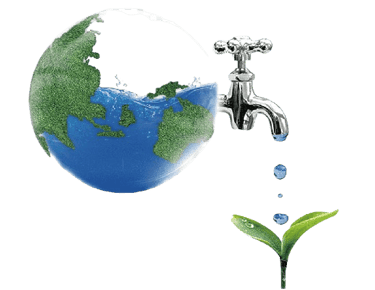

Contact Us
Phone 📞
+919450416906 +919675200011 +919675600018
Email 📩
abengineers.com@gmail.com
Office
Main Links
Noida
Bareilly
Lucknow
Product Links

